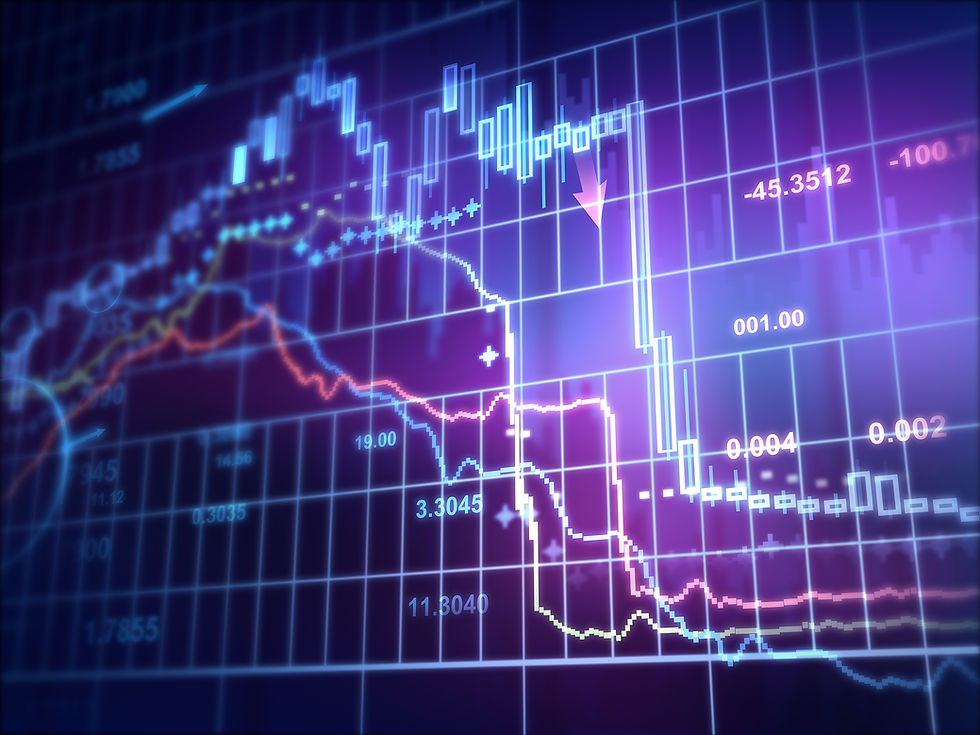Here comes the crazy world of negative interest rates - where we pay banks for our savings

A Irish pensioner was recently shocked to discover that Bank of Ireland wants to charge him to keep his money on deposit.
But now his bank wants to charge nearly as much as the adviser (0.65%) without doing anything just to keep his pension fund cash on deposit.
“When I got word last Thursday, I was straight on to my financial broker and told him to move my money, even in the short term into Prize Bonds,” our reader said.
Prize bonds earn no interest but they do give an infinitesimal chance of winning cash prizes – and at least don’t charge for "minding” your money.
“I called my BOI bank manager two days ago and asked if my business accounts were being charged the same rate from September, however this is something that’s not on the cards........yet,” our reader tells us.
Welcome to the whacky new world of negative interest rates…where, yes, you do have to pay to leave money on deposit.
This is not an aberration. It’s a growing feature of how the world deals with money; nearly a quarter of the world’s economies now have negative rates, including most of the rich ones.
And as our reader discovered, this is the downside to those really low mortgage rates we’re experiencing.
In fairness, banks have had to pay interest to leave money on deposit with the European Central Bank for years. One key ECB rate went initially to minus 0.15% and is now -0.5%.
Bank savings rates have crept lower and lower to ridiculously levels of 0.01% in most cases - until last year when BoI stopped the pretence of offering any kind of return and cut its deposit savings rate to zero.
But it is only recently - under pressure in the Covid 19 crisis perhaps? - that banks have started to actually charge us for taking our money.
So what does this mean to your pocket?
So far it seems to apply to pensions and credit union savings. Retail deposits are not impacted - yet. But that doesn’t mean you don’t lose out.
It has only just emerged that most banks are charging credit unions negative rates ranging from 0.55% to over 1% for keeping cash on deposit.
This is more than many unions pay members in interest and will exert pressure not only on the ‘dividends’ paid to members but on the financial structure of the whole credit union movement.
The great strength of the credit union movement - i.e. that it had €14bn in valued deposits for which it could negotiate decent rates - has now turned into a great weakness.
Like our reader, they’d be better off buying prize bonds than paying nearly €100m in interest to banks.
The big winners of this trend will be lucky holders of tracker mortgages, which must remain a certain margin above the ECB rate.
On average, they are around 1.1% above it. So if rates went much more than 1% negative – and one recent report suggested they could go as low as -3% in some parts of the world - then will banks have to pay tracker mortgage holders interest instead of charging it?
And will banks then charge non-tracker borrowers even more to subsidise massive losses on trackers!
Other bizarre consequences of a new financial world where having money is a liability were outlined a few years back when all this began in a report by two New York Federal Reserve economists*.
Their report envisaged a world where:
· Special banks would charge to hoard vast amounts of cash in huge vaults.
· Large denomination banknotes would make hoarding money easier - i.e. thousand and maybe five thousand euro notes.
· Taxpayers would overpay tax in order to store money for free and reclaim it later.
· People would lodge money into credit card accounts before spending it.
· Cheques would make a comeback with payees keeping rather than cashing them.
"If I receive a check from the federal government, or some other creditworthy enterprise, I might choose to put the check in a drawer for a few months rather than deposit it in a bank (which charges interest),” said the report.
"In fact, I might even go to my bank and withdraw funds in a certified check made payable to myself, and then put that check in a drawer."
The report concluded that sustained rates of minus 0.5% or less would lead to unforeseen risks for banks amid an “epochal outburst of socially unproductive financial innovation.” And it warned that regulators and financial systems may not be able to cope.
So buckle up ... that crazy financial rollercoaster ride we’ve been on for over ten years just goes on and on.
* "If Interest Rates Go Negative . . . Or, Be Careful What You Wish For” - Kenneth D Garbade and James J McAndrews
Comments